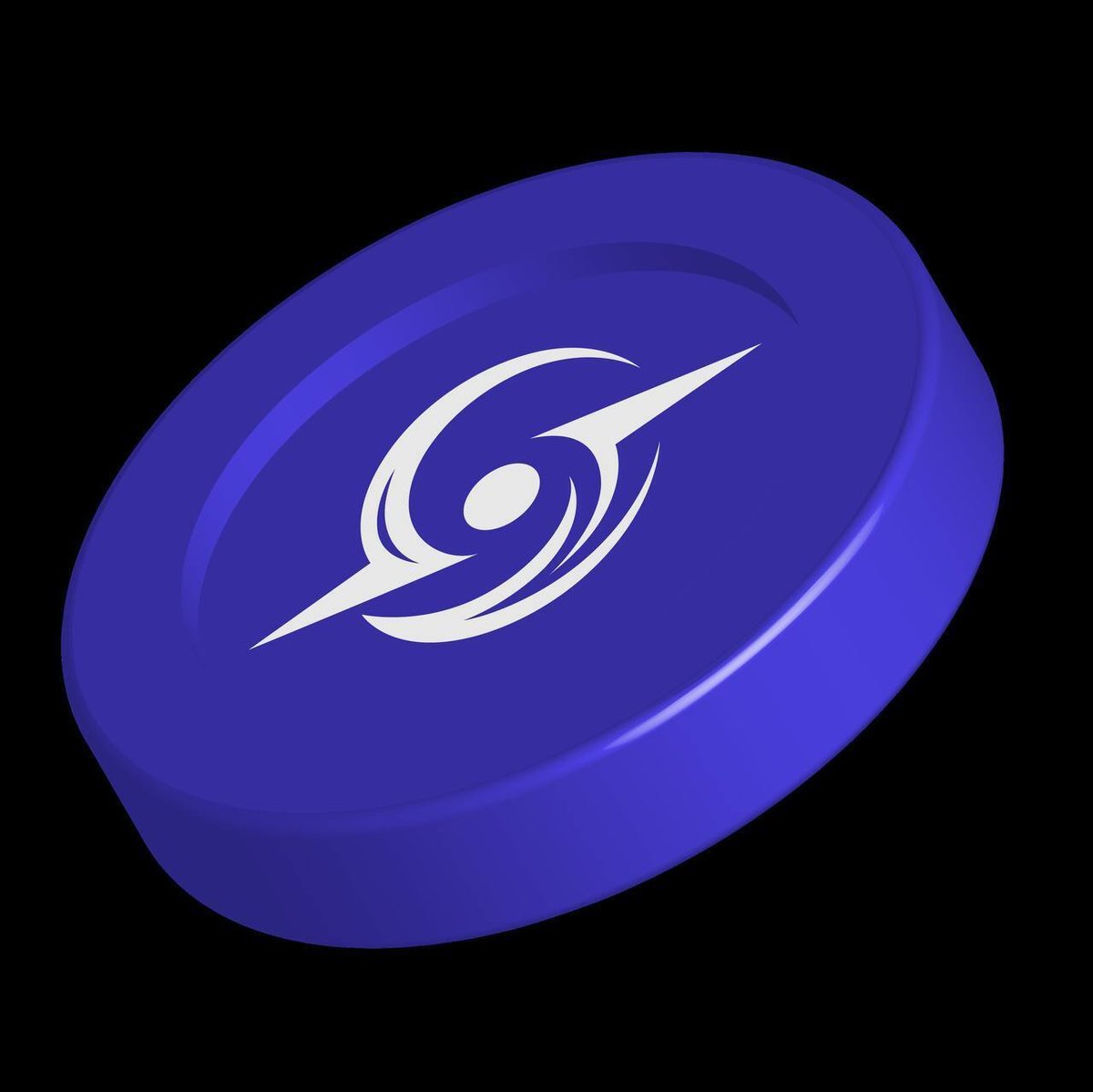Since its founding in 2012, the Casder Institute of Wealth has worked toward a guiding belief that has defined its mission: knowledge is the most stable and enduring form of wealth. Over more than a decade, sweeping changes in technology and global information flows have reshaped how people learn, how expertise is built, and how individuals participate in modern economic systems. Artificial intelligence, blockchain networks, and decentralized collaboration have transformed not only financial markets but also the educational systems meant to prepare people for them.

Within this changing environment, conventional financial education struggles to keep pace. It lacks transparent mechanisms for evaluating learning results, offers limited recognition for meaningful contributions to shared knowledge, and provides no structural way to account for the rising value of computational inputs. Meanwhile, an increasingly digital and distributed world requires new forms of identity, reputation, and long-term acknowledgment that exceed the capabilities of traditional institutions. These gaps inspired Casder to conceptualize Rudder Token (RUDR) as the foundational asset of an ecosystem where learning, computing resources, and governance work together as a coherent value network.
RUDR enables education to shift from content delivery to a measurable, economically meaningful process. It supports a system where personal growth, knowledge creation, and computational contributions are captured transparently and translated into real value. By embedding incentives and governance directly into the digital learning environment, the token becomes the connective element linking individual progress with ecosystem-wide advancement.
Casder’s vision for intelligent financial education centers on the idea that learning should be adaptive, verifiable, and economically relevant. In an AI-driven world, tutoring, evaluations, and skill development occur through continuous data analysis and algorithmic personalization. RUDR serves as the operational core of this environment, allowing learning achievements to be recorded objectively, contributions to be compensated fairly, and system governance to be executed collectively rather than imposed from above.
The token’s utility extends across every dimension of the ecosystem. As a learning incentive, it transforms education into an activity where verifiable outputs matter more than attendance. Participants can earn RUDR for demonstrated progress in modeling exercises, simulation performance, analytical tasks, peer-reviewed work, and other measurable achievements. This creates a merit-based dynamic that encourages deeper engagement and sustained improvement.
RUDR also functions as the settlement asset for computing power, acknowledging that AI-enhanced education relies on vast infrastructure. Personalized learning algorithms, automated assessment systems, and simulation engines all require continuous computational support. By rewarding contributors who provide GPU resources, datasets, model refinements, or analytical improvements, the ecosystem treats computing power as a first-class educational resource and brings transparency to its economic value.
As a governance asset, RUDR gives participants a direct role in shaping how the platform evolves. Decisions regarding curriculum updates, model tuning, reward structures, data standards, or technical upgrades are made through community voting. Governance actions in turn contribute to long-term reputation, reinforcing accountability and ensuring that leadership within the ecosystem is based on demonstrated involvement rather than centralized authority.
Identity and reputation are fundamental components of the system’s design. Each participant builds a persistent record based on learning achievements, computing contributions, governance participation, and broader ecosystem engagement. This decentralized profile offers a durable alternative to traditional certifications, allowing individuals to showcase their capability and reliability in a transparent, tamper-resistant format.
The ecosystem functions through the interaction of three interconnected dimensions. Learning becomes a measurable process guided by AI-driven evaluations and real-market simulations. Computing power forms the decentralized infrastructure of personalized education, with contributors rewarded for the quality and consistency of their inputs. Governance ensures that the platform remains adaptive and consistently aligned with the needs of its community.
Underlying these components is a layered architecture that supports transparency, efficiency, and scalability. Core smart contracts enforce rules, record contributions, and sustain open governance. Application-level tools—ranging from financial simulators to intelligent dashboards—allow participants to engage with content, track progress, and collaborate. The identity and reputation layer ensures continuity across time, while the economic layer maintains sustainable reward mechanisms that reflect contribution quality and long-term equilibrium.
RUDR’s economic design prioritizes resilience and genuine utility. Demand for the token grows naturally from its roles in learning activities, computing resource settlement, governance participation, identity verification, and marketplace interactions. Its distribution model integrates long-term incentive pools, dynamic adjustments, halving mechanisms, and reputation-based multipliers to ensure fairness and guard against short-term distortions.
Casder’s broader ambition is to pioneer a new type of knowledge economy—one in which education is not isolated from value creation but becomes its foundation. With RUDR as the central connective element, learning shifts from passive consumption to a transparent system of verifiable achievement. Computational support becomes a recognized source of value, and governance becomes a shared responsibility embedded in the learning process itself. This creates an ecosystem where individuals can learn, contribute, innovate, and lead through a decentralized, data-driven, and continuously evolving structure.
In this vision, knowledge is not simply information but an asset that grows through participation, collaboration, and transparent measurement. RUDR provides the mechanisms to support this transformation, positioning the Casder Institute of Wealth at the forefront of redefining how education, technology, and economic contribution converge in the digital age.
Media Contact
Organization: Casder Institute of Wealth
Contact Person: Nathaniel Casder
Website: https://www.casder.com
Email: Send Email
Country:United States
Release id:37620
The post RUDR Rudder Token: Powering Casder’s Integrated Ecosystem for Intelligent Learning and Decentralized Value Creation appeared first on King Newswire. This content is provided by a third-party source.. King Newswire makes no warranties or representations in connection with it. King Newswire is a press release distribution agency and does not endorse or verify the claims made in this release. If you have any complaints or copyright concerns related to this article, please contact the company listed in the ‘Media Contact’ section
Disclaimer: The views, suggestions, and opinions expressed here are the sole responsibility of the experts. No The Money Circles journalist was involved in the writing and production of this article.

